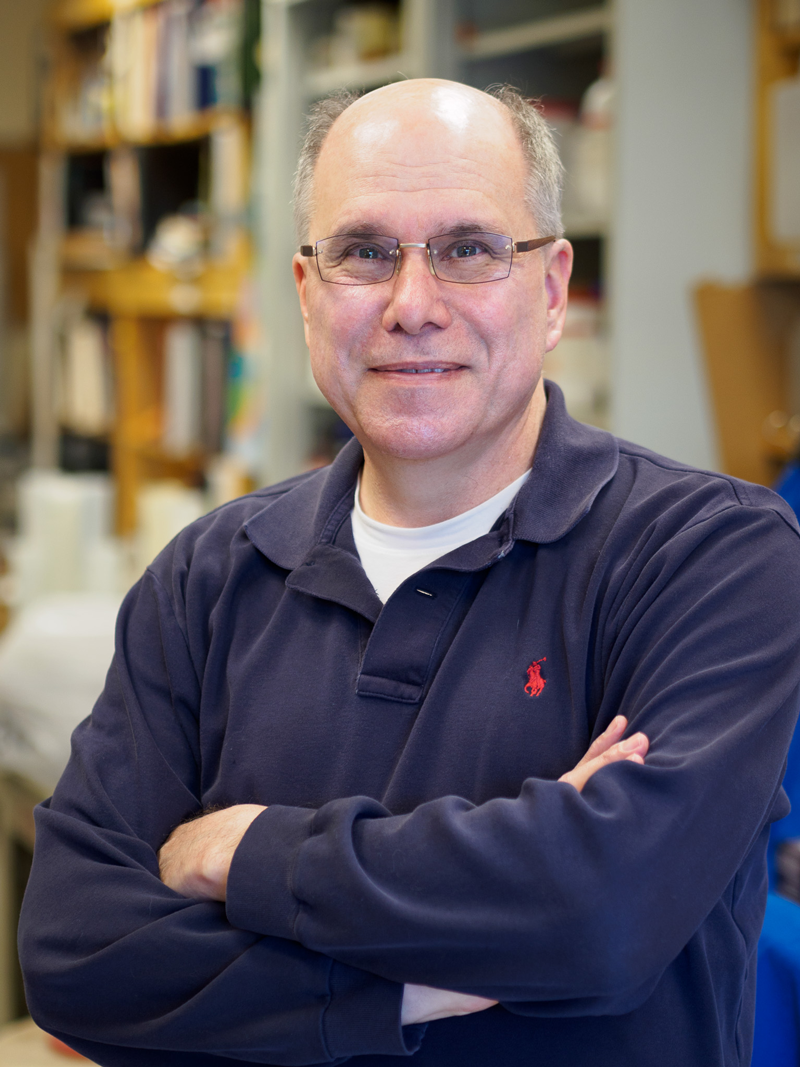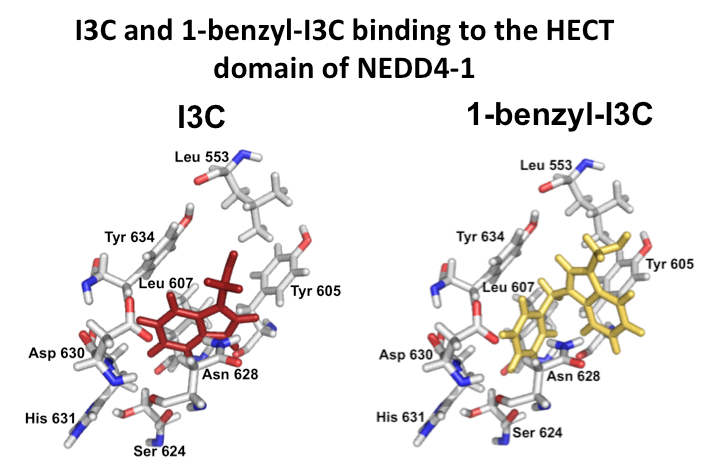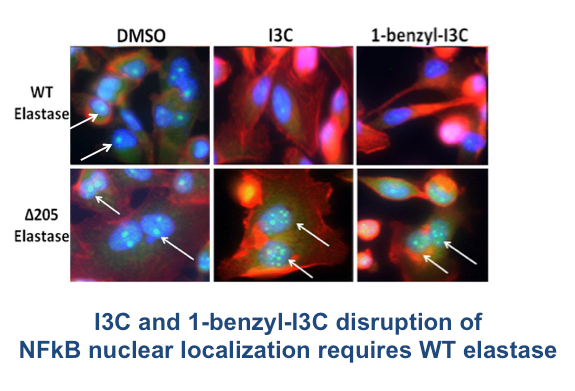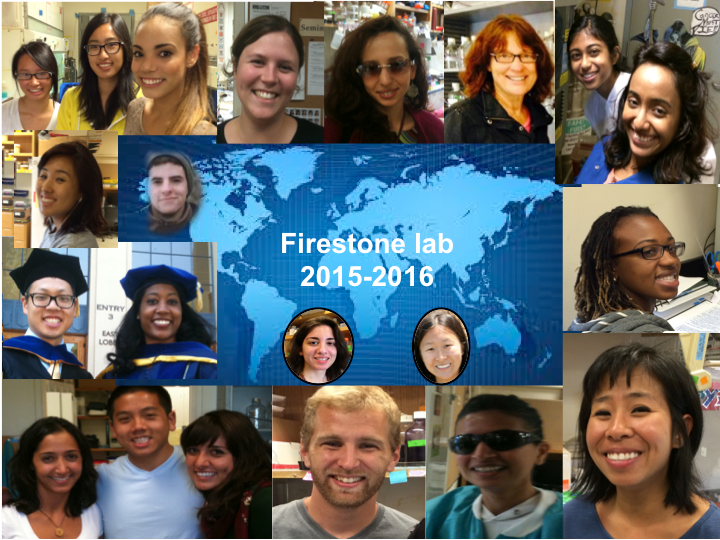
Gary Firestone, a Professor of the Graduate School Division of Cell Biology, celebrated his retirement in July 2023. Dr. Firestone originally joined the Department of Physiology & Anatomy at UC Berkeley in 1983, later becoming a member of MCB when the Department was established in 1989. Dr. Firestone has made significant contributions to UC Berkeley’s teaching, research, diversity and service missions. His accomplishments include being the first MCB faculty member to receive the prestigious Berkeley Distinguished Teaching Award, the College of Letters & Science Distinguished Undergraduate Research Mentor Award, and the Berkeley Academic Senate Faculty Service Award. Dr. Firestone chaired the Graduate Group in Endocrinology for two decades, and served as Head Undergraduate Faculty Advisor for the CDB/CDP emphasis for 30 years. Dr. Firestone played a pivotal role in the inception of this emphasis within the MCB major. Reflecting his commitment to outreach and diversity initiatives, Dr. Firestone led the Bridges to Baccalaureate at Berkeley program, aimed at increasing the number of underrepresented students in the sciences. Learn about his favorite MCB memories, plans for retirement, research interests, and philosophy of pedagogy below.
Q: What is your favorite MCB memory and what are your plans during retirement?
A: My fondest MCB memories center around the people: the engaging and intellectually stimulating interactions with the members of my laboratory, the perpetually inquisitive and always sharp undergraduate students in my classes, lively colleagues who have expanded my thinking, and supportive staff who keep MCB operationally effective. In retirement, I plan to continue to teach undergraduate classes, complete several research papers, undertake a book project, pursue my musical interests, improve my cooking skills, cheer on and support Cal student-athletes, attend concerts and theater performances with my partner Barbara, and take immense pride in the accomplishments of my four adult children - Sarah, Alex, Lizzy and Joe
Q: How would you describe your research?

A: I’m a reductionist at heart, and I enjoy studying interactions between molecules, first as a chemistry major in college and later delving into the biochemistry of proteins and normal cell function. I then became interested in steroid hormone receptor-mediated mechanisms of action, which led to investigating the intricacies of cellular dysfunction in cancer cells. My career has centered on understanding cell signaling pathways and transcriptional control mechanisms in human cancer cells, and stem cell-like cells found in tumors. Our work revealed how natural plant compounds (such as indole-3-carbinol found in broccoli and related vegetables), steroid hormones and growth factors impact cancer cells by controlling proliferation, differentiated properties, gene expression and cell-cell interactions. As part of this work, we discovered several genes important for cell function, such as the Serum- and Glucocorticoid-regulated protein Kinase or Sgk.
A key concept that has emerged from our studies is that natural indole phytochemicals can act in a hormone-like manner to mediate their anti-cancer properties by direct interactions with cancer cell-expressed target proteins, such as extracellular elastase and intracellular NEDD4-1 ubiquitin ligase. We used computational modeling to generate synthetic indole-related derivatives that are more selective for their target protein interactions and display highly potent anti-cancer activities. These new synthetic compounds hold the potential to develop cost-effective therapeutic agents tailored to individual cancer patients based on expression and activities of phytochemical-targeted enzymes within human tumors.

Q: How would you characterize your teaching?
A: In light of the rapidly evolving scientific landscape, I strive to cultivate critical and creative thinking in my students. I like to foster an atmosphere of excitement, passion, and discovery intrinsic to the scientific method. In my advanced Molecular Endocrinology course, structured around experiential problem-solving, undergraduate students are equipped to address complicated inquiries concerning hormone receptor signaling and functionally characterize intracellular pathways. I also co-teach a lower-division Stem Cell Biology, Ethics and Societal Impact course directed at both science and non-science majors, where we explore cutting-edge research, ethical considerations, and the wider impact of stem cell biology.
To learn more about the Firestone lab visit: mcb.berkeley.edu/labs/firestone
